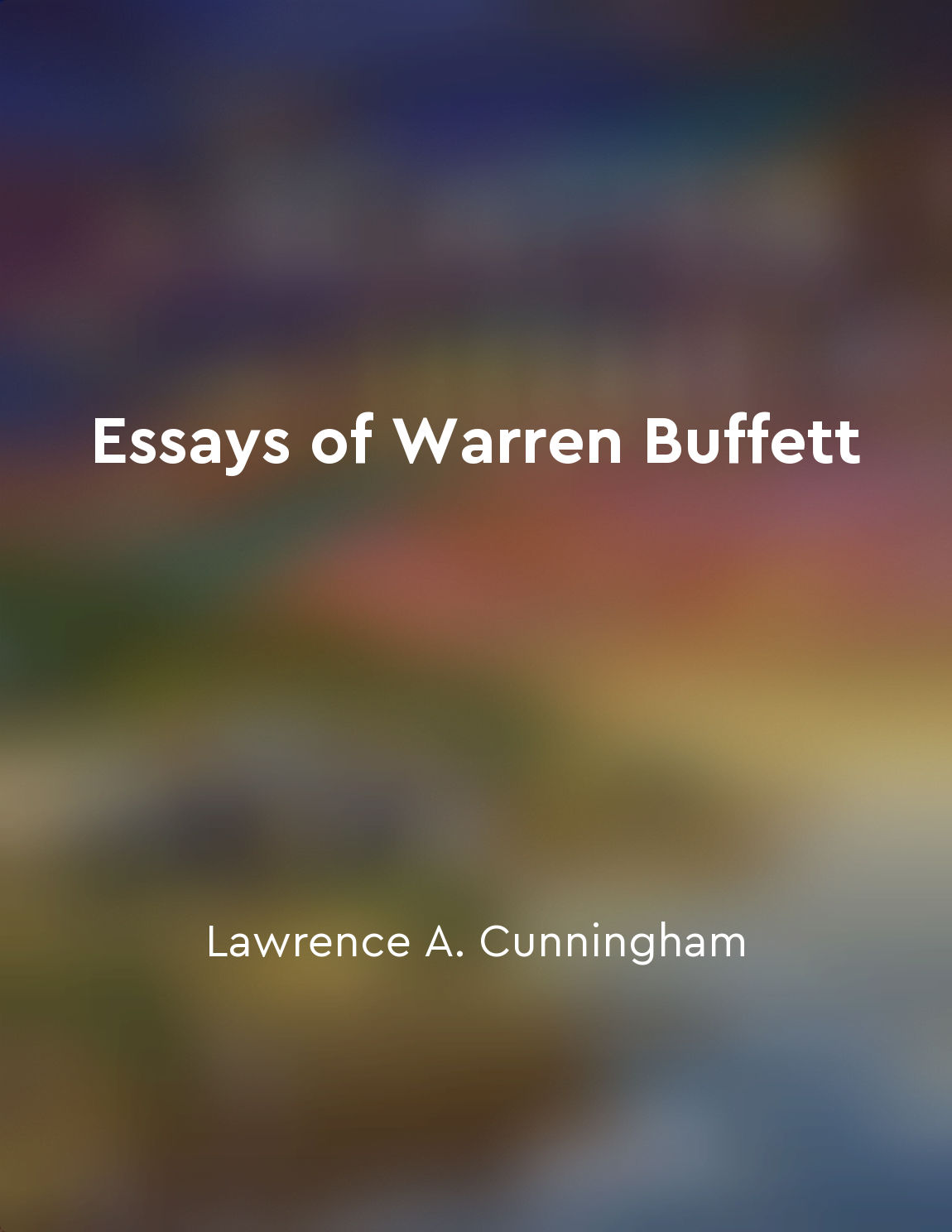Rational behavior is based on reason, logic, and evidence from "summary" of Please Understand Me II by David Keirsey
Rational behavior is based on reason, logic, and evidence. This means that individuals who exhibit rational behavior make decisions and form beliefs based on sound thinking and factual information rather than emotions or intuition. They carefully weigh the pros and cons of a situation, analyze the available evidence, and come to conclusions that are grounded in logic. People who demonstrate rational behavior are often seen as objective and analytical. They are able to set aside their personal biases and emotions in order to make clear-headed decisions. Instead of relying on gut feelings or impulses, they prefer to gather as much information as possible before reaching a conclusion. Rational individuals are also adept at critical thinking. They are skilled at identifying flaws in arguments, spotting logical inconsistencies, and evaluating the validity of evidence. They are not swayed by appeals to emotion or popular opinion, preferring to rely on facts and reason to guide their actions. In order to exhibit rational behavior, one must be willing to engage in thoughtful reflection and consider multiple perspectives. This requires a certain level of intellectual curiosity and a willingness to challenge one's own beliefs. Rational individuals are open to new information and are willing to revise their beliefs in light of contradictory evidence.- Rational behavior is characterized by a commitment to intellectual honesty and a dedication to using reason and evidence to guide one's decisions. By prioritizing logic over emotion and seeking out factual information, individuals who exhibit rational behavior are able to make sound judgments and form well-informed opinions.
Similar Posts
Freedom and autonomy intertwined
In the realm of moral philosophy, the notion of freedom and autonomy are inextricably intertwined. Freedom is the capacity for ...
The brain is capable of extraordinary feats of creativity and innovation
In the realm of human creativity, the brain stands as the ultimate powerhouse, capable of conjuring up new ideas, insights, and...
Evaluate sources critically
To evaluate sources critically means to approach information with a discerning eye. It involves looking beyond the surface of a...
Idea: Public opinion influences government decisions
The relationship between public opinion and government decisions is a complex and dynamic one, as explored in 'The Structural T...

Management quality determines investment value
Warren Buffett stresses the crucial role that management quality plays in determining the value of an investment. He emphasizes...
Gene editing has potential dangers
Gene editing has the potential to revolutionize medicine by allowing us to correct genetic mutations that cause diseases. Howev...
Cognitive biases can lead to poor decisionmaking
Cognitive biases can cloud our judgment and influence the decisions we make. These biases stem from our mental shortcuts and in...

The study of nature and reason will lead to a better understanding of the universe
The universe is a vast and mysterious place, filled with countless wonders and phenomena that have puzzled humanity for centuri...
Behavioral economics challenges traditional economic theories
Traditional economic theories have long been based on the assumption of rational decision-making by individuals. According to t...
Fallacies can easily derail logical discussions
Logical discussions thrive on clarity, coherence, and sound reasoning. However, the presence of fallacies can introduce confusi...

